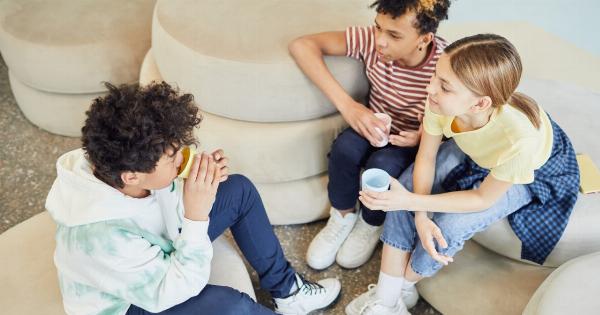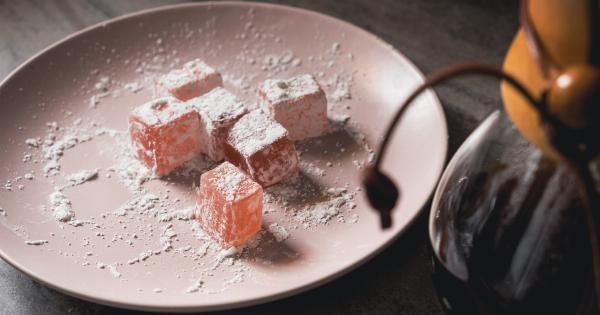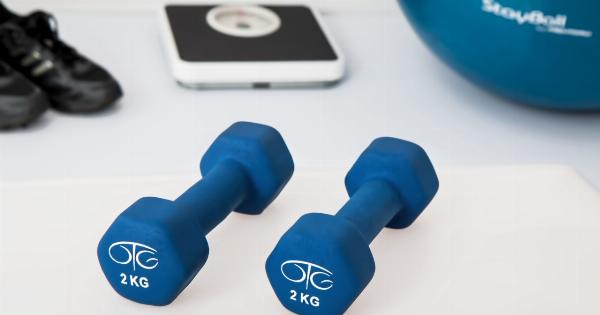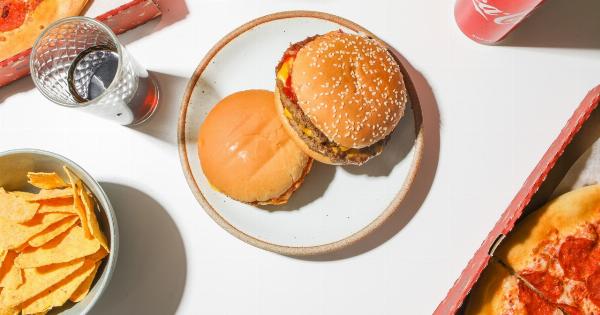Soda, also known as carbonated soft drinks or fizzy drinks, is a popular beverage among both children and adults. However, research has shown that soda can be harmful, especially for children. Here are some reasons why:.
Sugar Content
Soda contains a high amount of sugar. A single can of soda can have up to 10 teaspoons of sugar, which is far more than the recommended daily sugar intake for children.
Drinking soda regularly can lead to weight gain, obesity, and type 2 diabetes in children.
Acidic Content
Drinking soda can also increase the acidity in the mouth, which can lead to tooth decay and cavities. The high acidity in soda can erode the tooth enamel, making the teeth more susceptible to decay.
Caffeine Content
Some sodas also contain caffeine. Children have a lower tolerance for caffeine than adults, which means that they can experience negative side effects such as jitters, insomnia, and headaches.
Too much caffeine can also lead to addiction and withdrawal symptoms.
Dehydration
Soda is not a good alternative to water. Drinking soda can actually lead to dehydration since it contains caffeine and sugar. Children who drink soda may not feel thirsty and may not drink enough water, leading to dehydration and other health problems.
Obesity and Other Health Problems
Regularly drinking soda can lead to obesity, which can in turn lead to other health problems such as heart disease, high blood pressure, and stroke.
Children who consume too much soda may also have poor nutrition habits, which can lead to a variety of health problems.
Empty Calories
Soda provides no nutritional value. It is full of empty calories that do not provide any vitamins or minerals that children need to grow and develop. Drinking soda can lead to a poor diet and a lack of important nutrients.
Carbonation
The carbonation in soda can also cause gas and bloating, which can be uncomfortable for children. Carbonation can also irritate the stomach lining and cause digestive problems.
Caffeine and Sleep
Drinking soda can also impact a child’s sleep. Caffeine can interfere with sleep patterns, making it harder for children to fall asleep or stay asleep. This can lead to tiredness, irritability, and poor concentration during the day.
Alternatives to Soda
There are plenty of healthier alternatives to soda that children can drink instead. Some options include:.
- Water
- Milk
- 100% fruit juice
- Smoothies
- Flavored water
These alternatives are much lower in sugar, calories, and caffeine and provide a range of important nutrients that children need to grow and develop.
Conclusion
Soda is a popular beverage among children, but it is not a healthy choice. It is high in sugar, caffeine, and calories and provides no nutritional value.
Drinking soda regularly can lead to a range of health problems, including obesity, diabetes, and tooth decay. Parents should encourage their children to drink water and other healthier beverages instead of soda.






























